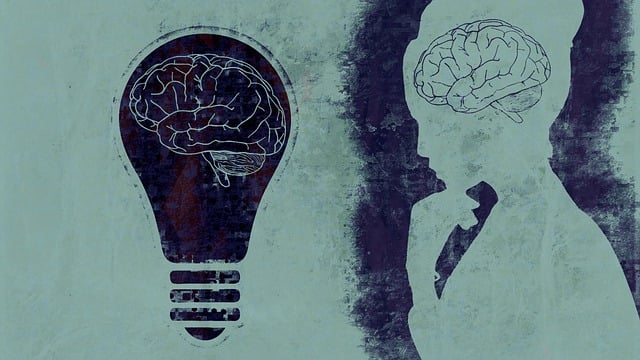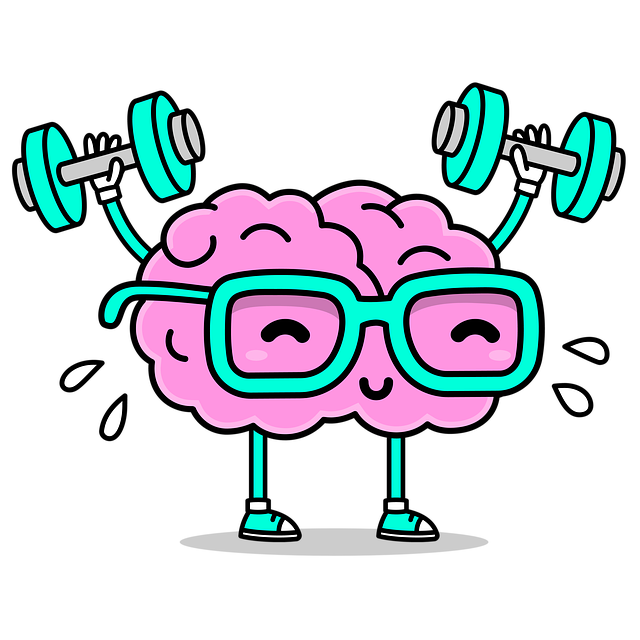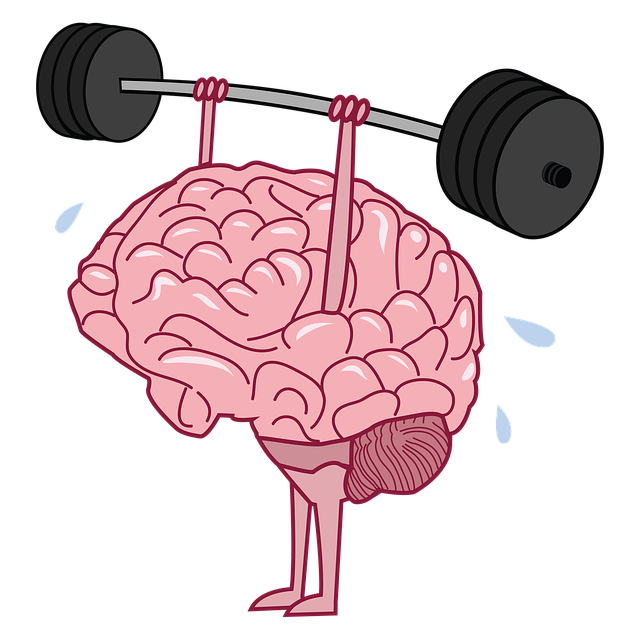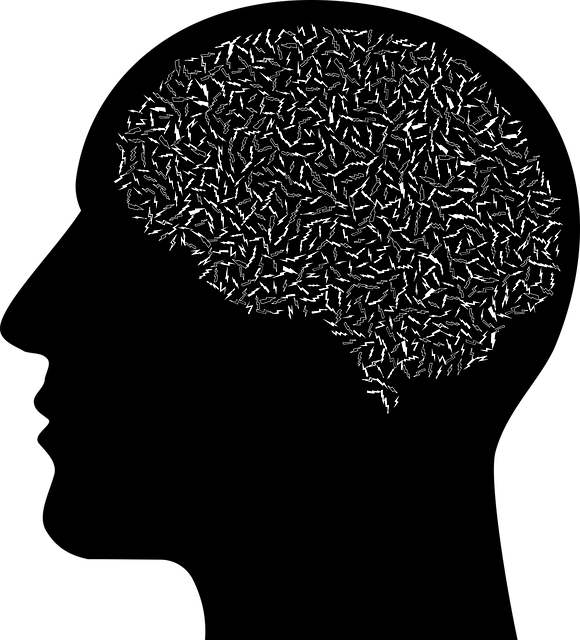In the digital age, understanding mental health data involves utilizing various sources and methods, from online platforms to traditional clinical settings. Tools like Mental Wellness Coaching programs capture diverse data, while Boulder Adjustment Disorder Therapy (BADT) represents a traditional approach using questionnaires and self-care routines for self-esteem improvement. Analytics is a powerful tool in mental health data analysis, identifying trends, risk factors, and treatment effectiveness, ultimately enhancing service efficiency. Ethical practices are crucial for BADT research, focusing on informed consent, cultural sensitivity, and responsible data handling. Measuring therapy impact, including Social Skills Training (SST) and Trauma Support Services, ensures effectiveness, emphasizing resilience, self-awareness, and positive self-talk for long-term recovery.
Mental health data analysis plays a pivotal role in understanding and addressing psychological conditions, including Boulder Adjustment Disorder (BAD). By delving into diverse data sources, analytics techniques reveal hidden patterns and trends shaping patient outcomes. This article explores these facets, from collecting and interpreting data to tailoring treatment plans and addressing ethical dilemmas. We delve into how advanced analytics can enhance our understanding of BAD, ultimately improving therapy effectiveness and personalizing care for better patient adjustments.
- Understanding Mental Health Data: Collection and Sources
- The Role of Analytics in Uncovering Patterns and Trends
- Interpreting Data for Personalized Treatment Plans
- Ethical Considerations in Mental Health Data Analysis
- Measuring the Impact: Evaluating Therapy Effectiveness with Boulder Adjustment Disorder
Understanding Mental Health Data: Collection and Sources

Understanding Mental Health Data begins with recognizing the diverse sources and methods of collection. In today’s digital age, data on mental health is increasingly accessible through various channels, including online platforms, mobile apps, and electronic health records. These tools capture a wealth of information, from user-reported symptoms and behaviors to biometric readings and social media interactions. For instance, programs focused on Mental Wellness Coaching may utilize these datasets to track client progress over time, identifying trends and areas for improvement.
The collection of mental health data also extends to traditional settings like clinical practices, research institutions, and schools. Surveys, interviews, and structured assessments provide valuable qualitative insights into individuals’ experiences with anxiety, depression, stress, and other common mental health concerns. Consider Boulder Adjustment Disorder Therapy as an example; therapists may use standardized questionnaires to gauge clients’ adjustment disorders symptoms while also employing self-care routine development techniques to foster resilience and overall Self-Esteem Improvement.
The Role of Analytics in Uncovering Patterns and Trends

In the realm of mental health data analysis, analytics plays a pivotal role in uncovering hidden patterns and trends that can significantly impact patient care and outcomes. By sifting through vast amounts of information collected from various sources—including clinical records, surveys, and wearable devices—advanced analytical techniques can reveal insights into individual experiences and collective behaviors. This process is crucial for identifying risk factors, understanding the effectiveness of treatment protocols, and tailoring interventions to address specific challenges, such as Boulder Adjustment Disorder Therapy.
For instance, data analytics can highlight correlations between certain emotional well-being promotion techniques or empathy building strategies and improved patient outcomes. It can also guide crisis intervention efforts by identifying at-risk populations and providing real-time insights to inform decision-making. This evidence-based approach not only streamlines the delivery of mental health services but also ensures that interventions are tailored to meet the unique needs of individuals, fostering a more comprehensive and effective support system.
Interpreting Data for Personalized Treatment Plans

When analyzing mental health data, therapists can gain valuable insights into their clients’ needs by identifying patterns and trends within the collected information. This process allows for a more personalized approach to treatment planning, ensuring that interventions are tailored to address specific challenges. For instance, in the context of Boulder Adjustment Disorder Therapy, data might reveal heightened stress levels or difficulty coping with changes among individuals seeking help. By interpreting these findings, therapists can design customized strategies targeting these issues, such as incorporating Emotional Well-being Promotion Techniques to enhance resilience and Mindfulness Meditation practices for better stress management.
Such data-driven insights enable the creation of comprehensive treatment plans that consider individual differences, ultimately improving outcomes. This approach not only benefits clients but also contributes to the advancement of mental health care by refining therapeutic techniques over time. By leveraging the power of data analysis, therapists can offer more effective support, fostering Mental Wellness and enabling individuals to lead fulfilling lives.
Ethical Considerations in Mental Health Data Analysis

In the realm of mental health data analysis, ethical considerations are paramount, especially when discussing sensitive information and individuals’ well-being. As researchers and professionals delve into understanding various disorders like Boulder Adjustment Disorder Therapy, they must navigate complex ethical landscapes. The privacy and consent of participants are fundamental; ensuring informed consent involves clearly communicating data usage, storage, and potential risks, fostering trust in the process.
Furthermore, the interpretation of mental health data requires cultural sensitivity to avoid stereotypes and biases. Mood Management and Self-Care Routine Development for Better Mental Health are key aspects that emerge from rigorous analysis, but these must be presented with care to prevent misapplication or misinterpretation. The goal is to enhance understanding while upholding ethical standards that protect individuals and promote the broader mental wellness of communities.
Measuring the Impact: Evaluating Therapy Effectiveness with Boulder Adjustment Disorder

Measuring the impact of therapy is crucial for understanding the effectiveness of treatments, especially for complex conditions like Boulder Adjustment Disorder (BAD). Therapists often employ various methods to evaluate progress and adjust their approaches accordingly. One widely used technique is the assessment of social skills, as improving these can be a significant indicator of recovery. Social Skills Training (SST) has shown promise in helping individuals with BAD develop healthier coping mechanisms and enhance their interactions with others, fostering a sense of belonging and support.
Additionally, focusing on inner strength development is integral to long-term success. By encouraging clients to cultivate resilience, self-awareness, and positive self-talk, therapists can empower them to manage stress and overcome challenges. Trauma Support Services may also be integrated into the therapy process, addressing any underlying traumatic experiences that contribute to BAD symptoms. This comprehensive approach ensures that each individual receives tailored care, ultimately leading to more successful outcomes in their journey towards recovery.
Mental health data analysis and interpretation are powerful tools that enable us to navigate the complex landscape of human well-being. By understanding patterns and trends, such as those emerging from studying Boulder Adjustment Disorder therapy effectiveness, we can personalize treatment plans for improved outcomes. While ethical considerations must be forefront in this process, leveraging analytics holds promise for transforming mental healthcare and enhancing lives.














